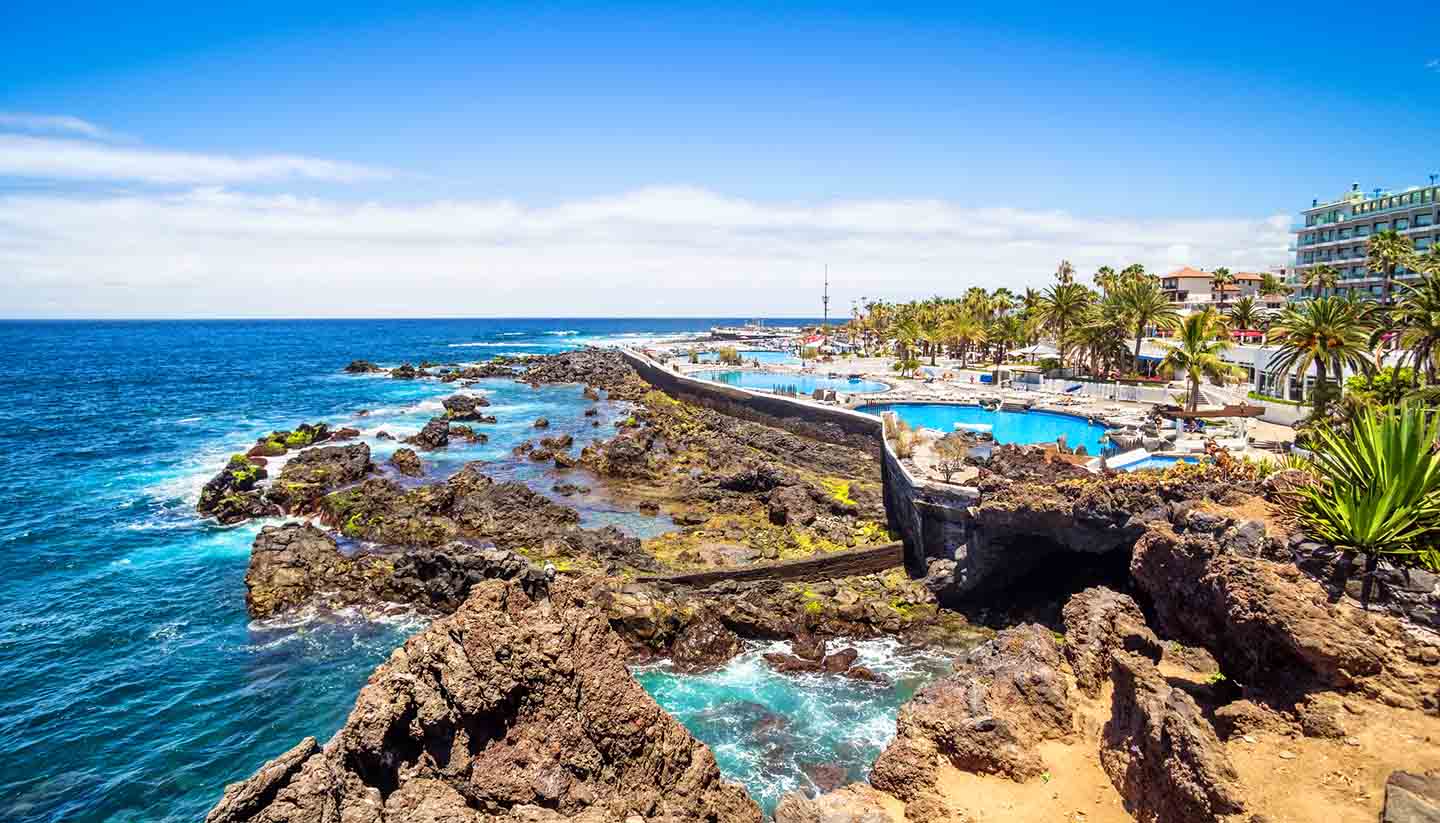Canary Islands History, Language and Culture
History of Canary Islands
Believed by some to be part of the remains of the mythological lost continent of Atlantis, the Canary islands' human history stretches back to antiquity. There is some evidence that the Phoenicians landed there as far back as the 12th century BC, while the Romans knew them as the 'Fortunate Isles' – but did not occupy them.
Little is known about the islands' original inhabitants, though they are today believed to be related to Berbers. Genoese traders landed on the Canaries in the early 14th century, with a Captain Lanzarotto lending his name to one of the islands – which were finally conquered in the 15th century.
Jean de Béthencourt, an adventurer-lord of Granville in Normandy, set out to convert the islands to Christianity in 1402, or so he claimed. The mission turned ugly, with many of the natives sold into slavery. The islands gradually came under Spanish imperial control over the course of several bloody campaigns.
The native inhabitants proved highly rebellious and difficult to control, but many continued to be sold as slaves, and the remainder converted to Christianity. Some slaves were later freed, returned and assimilated with the colonisers, but their language and culture all but disappeared.
Pirate raids between the Moroccan coast and the archipelago went on over subsequent years, while in the 17th and 18th centuries, Britain continually challenged Spain for control of the islands, culminating in Nelson’s strike on Santa Cruz; the Admiral lost his right arm in the attack, and British adventures in the area came to end.
After this, the main threat to the Canaries came from within, as rivalries between the islands threatened to split the province apart. This did finally happen in 1927, when Madrid turned the Canaries into two provinces.
In 1936, General Franco was transferred to the islands by a central government suspicious of a coup. Franco justified their fears by taking control of the islands, using them as a launchpad for the Spanish Civil War. After the war, many Canarios emigrated to escape economic ruin. Only when Franco began to court tourism did the islands recover.
When Franco died and power was devolved to regions in the new democratic Spain, the islands became a comunidadautónoma. A small but significant independence movement that first stirred under Franco has grown steadily ever since. Apart from tourism, immigration from Africa has transformed the islands in recent years, with the islands now putting emphasis on investment in their African neighbours to relieve the pressure.
Did you know?
• Christopher Columbus stopped at the islands more than once en route to discovering the Americas in 1492.
• One of England's greatest military victories over Spain came in 1657, when the Royal Navy completely destroyed a Spanish treasure fleet at the cost of only one ship near Tenerife.
• For many years, Gran Canaria and Tenerife were fierce rivals for control over the archipelago, nearly leading to war between them.


